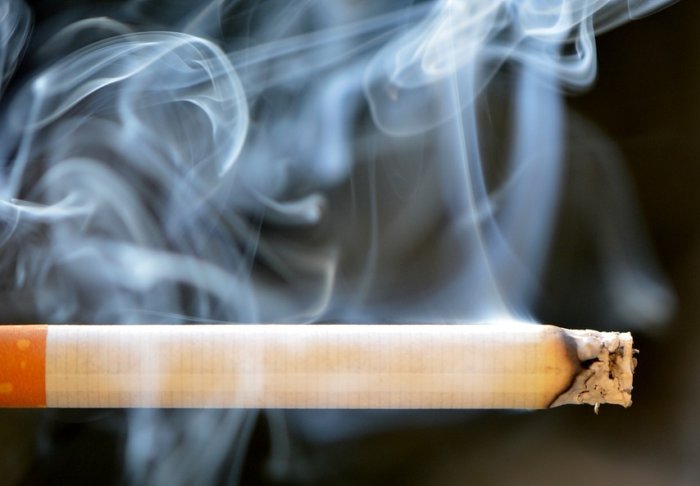Pakistan ranks 7th globally as one of the leading countries with high tobacco consumption.
The consumption of cigarettes is rising in developing nations, and Pakistan is not exempt from this trend. In fact, there has been a significant increase in recent years. Rather than profiting from the tobacco industry, the country has experienced substantial financial losses, including decreased income and increased healthcare expenses related to smoking-related illnesses.

Pakistan ranks 7th globally and 1st in the WHO’s Eastern Mediterranean Region (EMR) for tobacco consumption, with a significant number of users. Approximately 60 billion cigarette sticks are produced annually in the country. However, Federal Board of Revenue (FBR) data reveals that tax collection targets related to this industry have not been met for the past seven years.
According to various research studies, including one by the Sustainable Development Policy Institute (SDPI), the overall loss in the last seven years has been calculated at Rs 567 billion. The World Health Organization (WHO) strongly advocates for protecting tobacco tax policies from the influence of cigarette corporations to ensure successful execution and regulation of public health programs. Regrettably, this has not been achieved in Pakistan.
The research emphasized that high and medium-income nations effectively implemented high taxes on tobacco products to reduce consumption and boost government income. However, it is crucial to note that Pakistan is yet to develop a coherent plan for utilizing cigarette taxation and pricing as a public health instrument.
As a signatory to the Framework Convention for Tobacco Control (FCTC), initiated by the World Health Organization (WHO) in 2004, Pakistan has committed to combating smoking. Nevertheless, two decades after the treaty’s establishment, the cigarette industry’s influence on decision-making has led to adverse consequences for the nation, including revenue loss and additional strain on Pakistan’s already vulnerable healthcare system.
The World Bank’s report, titled “Pakistan: Overview of Tobacco Use, Tobacco Control Legislation, and Taxation,” has disclosed that the reduction in government income during the 2016-2017 fiscal year was strategically orchestrated by the influential cigarette industry. As per the details, the tobacco sector persuaded the government to implement a third-tier taxation system to combat illicit trade.
By providing inflated figures of unlawful trade, the industry successfully led to the implementation of the third tier in the tobacco taxation structure. Consequently, revenues dropped from Rs 114.27 billion in 2015-16 to Rs 83.76 billion in 2016-17.
In regards to the strain on Pakistan’s healthcare system, the Pakistan Institute of Development Economics (PIDE) offers valuable insights into the overall expenses associated with illnesses and fatalities resulting from smoking during the year 2019.
Their findings reveal an extra financial burden of PKR 615.07 billion ($3.85 billion), with indirect costs like morbidity and mortality making up a substantial 70% of the total costs. This information underscores the urgent necessity to reevaluate the influence of the industry on national policies, underlining the significance of maintaining a balance between public health and economic stability.


